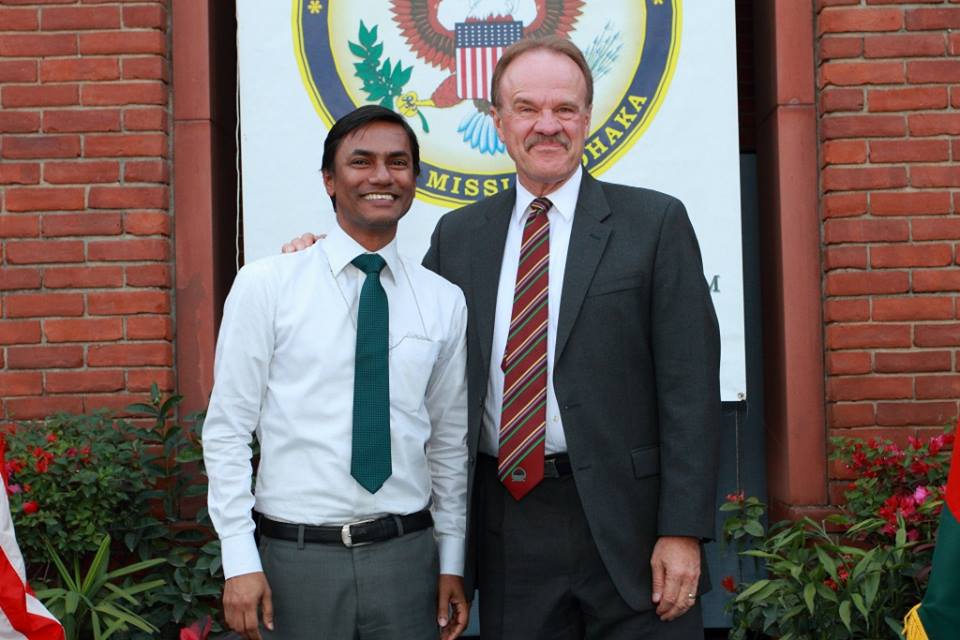
No one in Bangladesh’s government wielded the machetes that hacked to death Xulhaz Mannan, a prominent LGBT activist and local USAID officer, at his home on Monday in Dhaka.![]()
Just like no one in the Bangladeshi government actually perpetrated the murders of so many active bloggers before him in the last two years. Asif Mohiuddin or Ahmed Rajib Haider in 2013.
Or Shafiul Islam in 2014.
Or Avijit Roy or Washiqur Rahman or Ananta Bijoy Das or Niloy Neel or Faisal Arefin Dipan in 2015.
None of these names are necessarily household names in the United States or even in Bangladesh. In aggregate, however, they represent an audacious attempt by ultraconservative Islamists to silence the secular voices in the world’s eighth-most populous country.
And, with Mannan’s gruesome death, it may be working.
In 2013, hardline Islamists published a ‘hit list’ of at least 84 prominent online writers in Bangladesh, many of whom are secularists, like Mannan, a 35-year-old who published Rupban, a Bangladesh-based magazine for LGBT people in his country. Roy, perhaps the most high-profile victim, was a Bangladeshi-American activist who hosted a website that brought together many brands of secular humanist thought in Bangladesh.
* * * * *
RELATED: Two years later, Bangladesh needs a real opposition
* * * * *
With a discrete list of bloggers publicly identified for reprisal by jihadists and radical Islamists who have pledged loyalty, in some cases, to the Islamic State group that controls parts of Syria and Iraq, it should not be difficult for a functional government to protect seven dozen individuals in a country of 169 million people.
Quite to the contrary, government officials have done little to apprehend the perpetrators of crimes that have chilled freedom of speech and expression in Bangladesh, often suggesting that murdered writers may have crossed an invisible line by criticizing Islam too harshly in a country where religion and politics have been dangerously intertwined since its bloody war for independence from Pakistan in 1971:
Rather than condemn the killers, Home Minister Asaduzzaman Khan scolded the victims, telling CNN: “The bloggers, they should control their writing. Our country is a secular state. … I want to say that people should be careful not to hurt anyone by writing anything — hurt any religion, any people’s beliefs, any religious leaders.”
Continue reading Bangladesh’s government shares blame for spate of blogger murders
